G20 leaders endorse 15% minimum global corporate tax
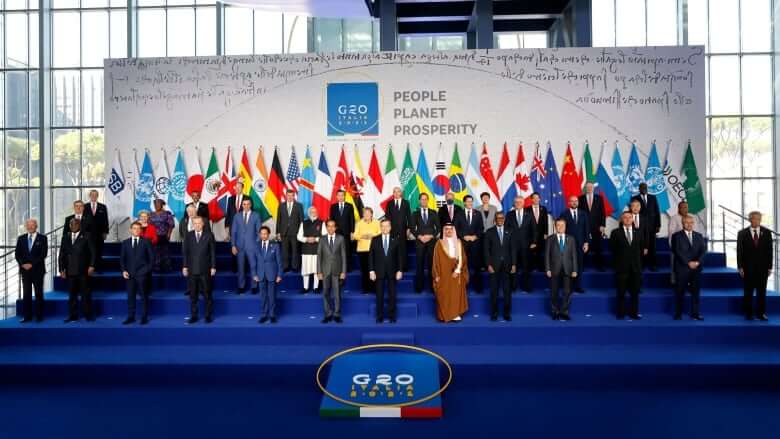
Leaders of the world’s biggest economies on Saturday endorsed a global minimum tax on corporations as part of an agreement on new international tax rules, a step toward building more fairness amid skyrocketing revenues of some multinational businesses.
G20 finance ministers in July had already agreed on a 15 per cent minimum tax. Its formal endorsement at the summit on Saturday in Rome of the world’s economic powerhouses was widely expected.
The deal did fall short of U.S. President Joe Biden’s original call for a 21 per cent minimum tax. Still, Biden tweeted his satisfaction.
“Here at the G20, leaders representing 80 per cent of the world’s GDP — allies and competitors alike — made clear their support for a strong global minimum tax,” the president said in the tweet.
“This is more than just a tax deal — it’s diplomacy reshaping our global economy and delivering for our people.”
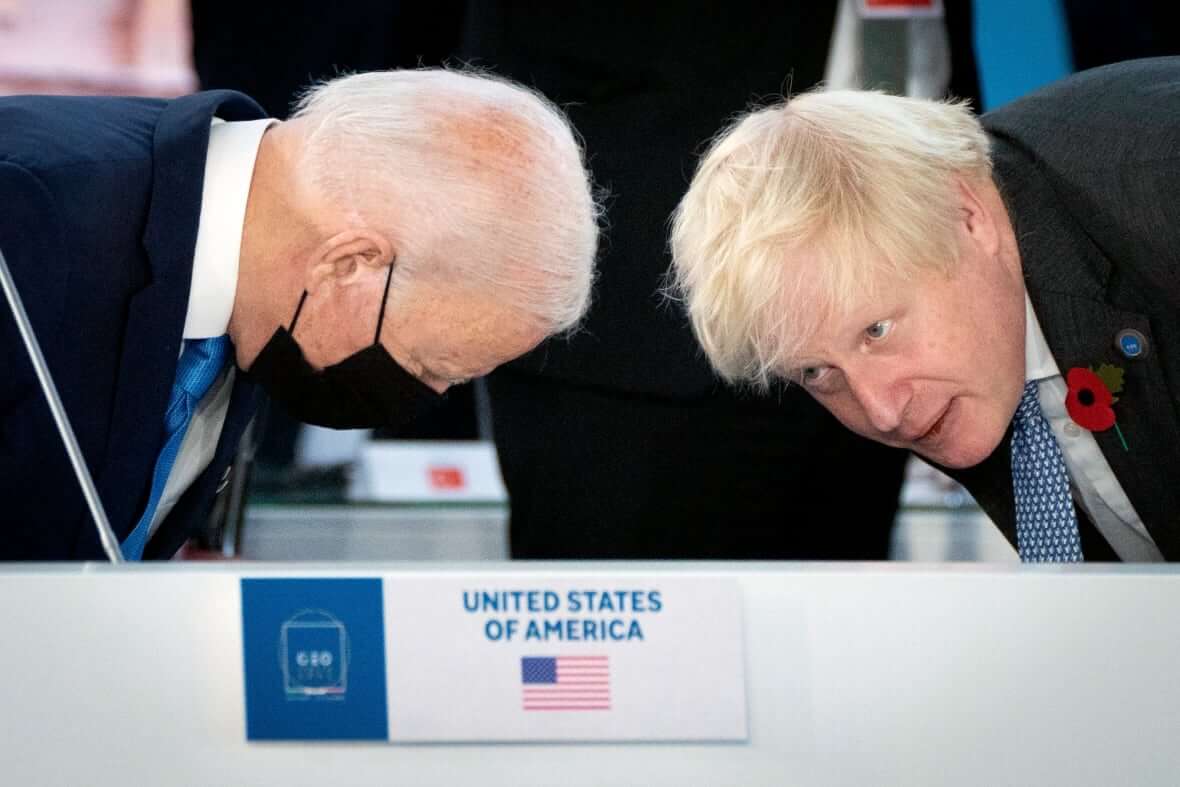
The agreement aims to discourage multinationals from stashing profits in countries where they pay little or no taxes. These days, multinationals can earn big profits from things like trademarks and intellectual property. These companies can then assign earnings to a subsidiary in a tax haven country.
Briefing reporters midway through the summit, German Chancellor Angela Merkel said: “There are good things to report here. The world community has agreed on a minimum taxation of companies. That is a clear signal of justice in times of digitalization.”
Mathias Cormann, secretary general of the Paris-based Organization for Economic Cooperation and Development (OECD), said that the deal clinched in Rome “will make our international tax arrangements fairer and work better in a digitalized and globalized economy.”
The minimum rate “completely eliminates the incentive for businesses around the world to restructure their affairs to avoid tax,” Cormann contended.
Vaccine equity
On other issues crucial to fairness across the globe, the summit on the first of its two days heard pleas to boost the percentage of those in poor countries being vaccinated. Italian Prime Minister Mario Draghi made a sharp call to pick up the pace in getting vaccines to poor countries as he opened the conference.
As summit host, Draghi said Saturday that only three per cent of people in the world’s poorest countries are vaccinated, while 70 per cent in rich countries have had at least one shot.
“These differences are morally unacceptable and undermine the global recovery,” said Draghi, an economist and former chief of the European Central Bank.
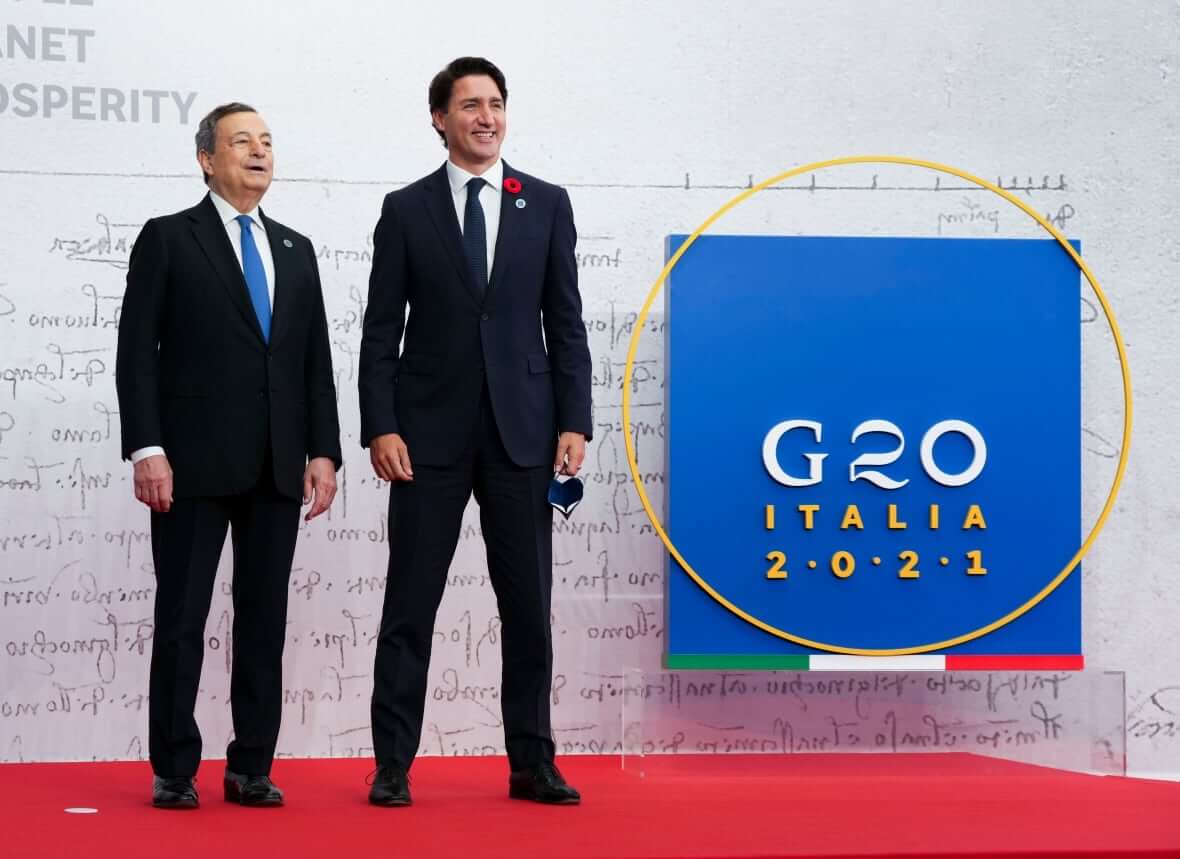
Canada on Saturday committed to boosting its existing commitment to COVAX — a vaccine distribution program co-ordinated by the World Health Organization (WHO) and others — by some 73 million more shots: 10 million doses of Moderna and cash to fund the procurement of 63 million doses by the end of 2022.
French President Emmanuel Macron has pledged to use the summit to press fellow European Union leaders to be more generous in donating vaccines to low-income countries.
But advocates of civil society that have held discussions with G20 officials said suspension of vaccine patents was crucial to increasing access in poor countries.
The summit is also confronting what has been playing out as a two-track global recovery in which rich countries are bouncing back faster.
Wealthy countries have used vaccines and stimulus spending to restart economic activity, leaving the risk that developing countries — which account for much of global growth — will remain behind due to low vaccinations and financing difficulties.
Macron has told reporters he expects the G20 to confirm an additional $100 billion US to support Africa’s economies.
Climate change
Italy is hoping the G20 will secure crucial commitments from countries representing 80 per cent of the global economy — and responsible for about the same amount of global carbon emissions — ahead of the United Nations climate conference, COP26, that begins Sunday in Glasgow.
Most of the leaders at Rome’s summit will head to Glasgow as soon as the G20 ends on Sunday afternoon. Russian President Vladimir Putin and Chinese leader Xi Jinping, whose efforts to reduce emissions are paramount to combating climate change, were participating remotely in the Rome summit.
A recent UN environment report concluded that announcements by dozens of countries to aim for “net-zero” emissions by 2050 could, if fully implemented, limit a global temperature rise to 2.2 C. That’s closer but still above the less stringent target agreed to in the 2015 Paris climate accord of keeping the temperature increase to well below 2 C compared with pre-industrial times.
But midway through the summit, it was the corporate tax rate rule that was standing out as an accomplishment. It is aimed at preventing multinational companies from stashing profits in countries where they pay few or no taxes.
White House officials say the new tax rate would create at least $60 billion US in new revenue a year in the U.S. — a stream of cash that could help partially pay for a nearly $3 trillion US social services and infrastructure package that U.S. President Joe Biden is seeking. U.S. adoption is key because so many multinational companies are headquartered there.
But Civil 20 — which represents some 560 organizations from more than 100 countries, in a network making recommendations to the G20 — was restrained in its praise. The 15 per cent rate is “a little more than those [rates] we’d consider fiscal paradises,” Civil 20 official Riccardo Moro told reporters.





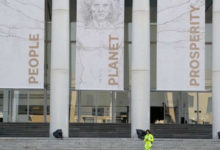
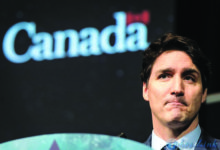

Redes Sociais - Comentários